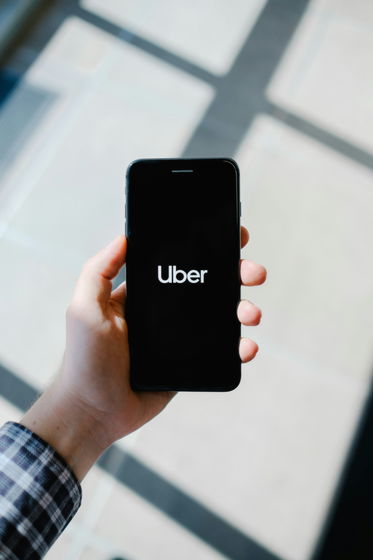FTC sues Uber over Uber One use of dark patterns to deceive users

UNITED STATES DISTRICT COURT NORTHERN DISTRICT OF CALIFORNIA SAN FRANCISCO DIVISION
(PDF file) https://www.ftc.gov/system/files/ftc_gov/pdf/uberonecomplaint.pdf

FTC Takes Action Against Uber for Deceptive Billing and Cancellation Practices | Federal Trade Commission
https://www.ftc.gov/news-events/news/press-releases/2025/04/ftc-takes-action-against-uber-deceptive-billing-cancellation-practices
FTC sues Uber over 'deceptive' Uber One subscriptions | Mashable
https://mashable.com/article/ftc-lawsuit-uber-one-subscriptions
On April 21, 2025, the FTC filed a lawsuit against Uber One, Uber's paid subscription service, for 'fraudulent billing and cancellation practices.' The FTC cited multiple complaints from Uber One users, with one complaint stating, 'I looked at my credit card bill and noticed that Uber Eats had been charging me $9.99 (about 1,400 yen: 498 yen per month in Japan) for Uber One for the past eight months. I have never signed up for this service,' and another complaint states, 'I do not have an Uber account and have never had one, yet I am being charged a monthly subscription fee of $9.99 for Uber One. I don't even know how they got my debit card information.'
Uber One is a paid subscription service that offers discounts and perks on ride-hailing service Uber and delivery service Uber Eats in the United States for $9.99 per month. However, the FTC said Uber misled consumers about the specifics of these discounts.
FTC Chairman Andrew N. Ferguson said in a statement about the lawsuit against Uber, 'Americans are tired of being forced into unwanted subscriptions that they may not be able to cancel. Today, we allege that Uber's subscriptions not only mislead consumers, but also make it unfairly difficult for customers to cancel.'

For example, Uber advertises that Uber One membership can save you $25 a month, but the FTC disputes this claim, finding that the estimate doesn't take into account the $9.99 monthly fee for Uber One.
The FTC argued that Uber's advertising claims are false, stating that 'many consumers do not actually save even $25 a month by using Uber One,' and that 'Uber's savings claims assume a free ride and do not include actual costs.'
And the problems with Uber One go beyond false advertising. Uber advertises that customers can cancel Uber One 'at any time' and 'at no additional cost,' but the FTC alleges that 'Uber often charges consumers for Uber One before the end of their free trial period.'
The FTC also took issue with the fact that the cancellation process for Uber One was extremely difficult to understand. According to the complaint, Uber used deceptive tactics known as
It is pointed out that free trials of paid services are not working due to 'dark patterns' that deceive users - GIGAZINE

According to the complaint, the cancellation process for Uber One spans 23 screens and requires up to 32 screens to be navigated. Uber also appears to be making it more difficult for users to cancel as their subscriptions near the end of their validity. The FTC noted that Uber 'demands members to provide a reason for cancellation, encourages them to suspend their membership, and offers to continue their membership if these fail,' making cancellations more difficult.

Another problem is that simply tapping the 'Start Savings' or 'Try Free' buttons in the app automatically registers you for a free trial of Uber One. The lawsuit points out that when the two buttons 'Start Savings' and 'Cancel' are presented, not only does tapping 'Start Savings' automatically register you for Uber One, but it is also unclear what will be canceled when you tap 'Cancel.' Not only could it be misleading to believe that the ride or delivery you were trying to book would be canceled, but it also points out that 'cancel' is not an appropriate expression to use when you are not registered for Uber One in the first place.
The FTC is suing Uber under Section 5 of the FTC Act and the Restoring Customer Trust in Online Shopping Act ( ROSCAA ), alleging misrepresentation and unauthorized claims.
In response, Uber denied any wrongdoing, saying in a statement to foreign media outlet Mashable, 'We are disappointed that the FTC has chosen to take this action, but we are confident the Court will agree with what we already know: The Uber One sign-up and cancellation process is clear, simple, and follows the letter and spirit of the law. Uber will never sign you up or charge you without your consent. Cancellation can be done in the app at any time, and for most people it takes less than 20 seconds.'
Related Posts:
in Mobile, Software, Web Service, Posted by logu_ii







